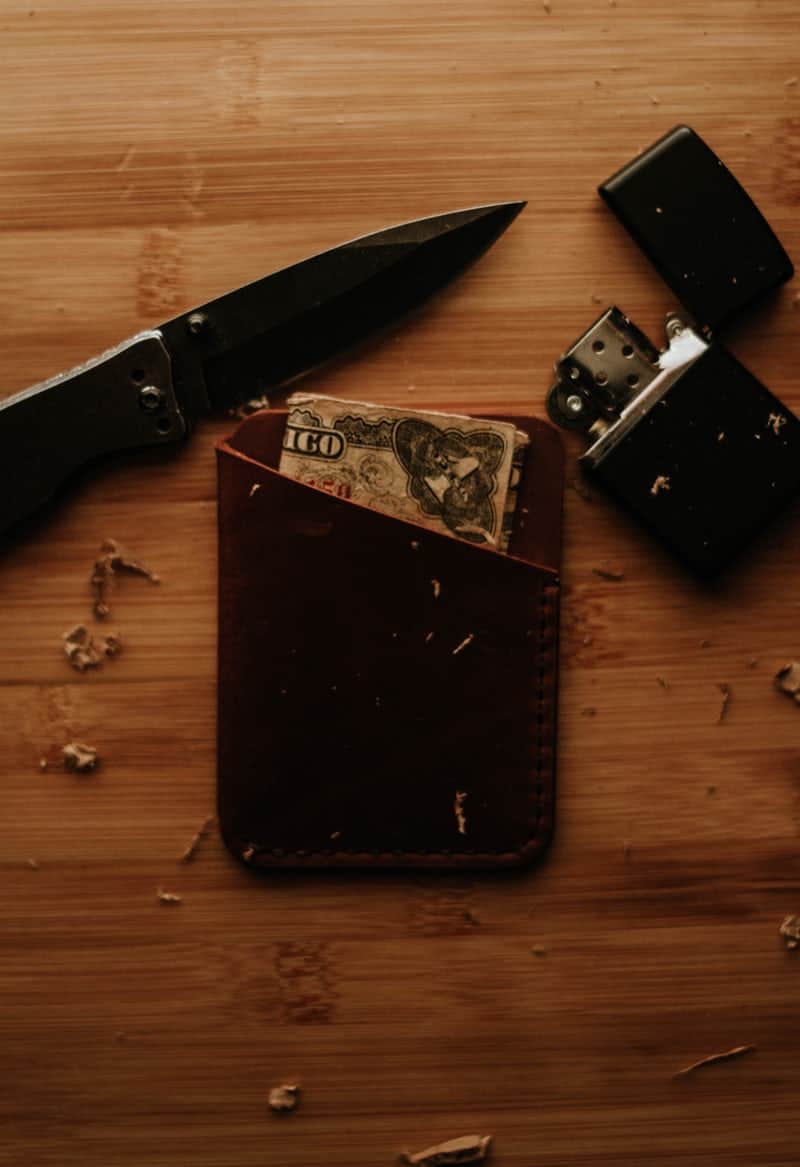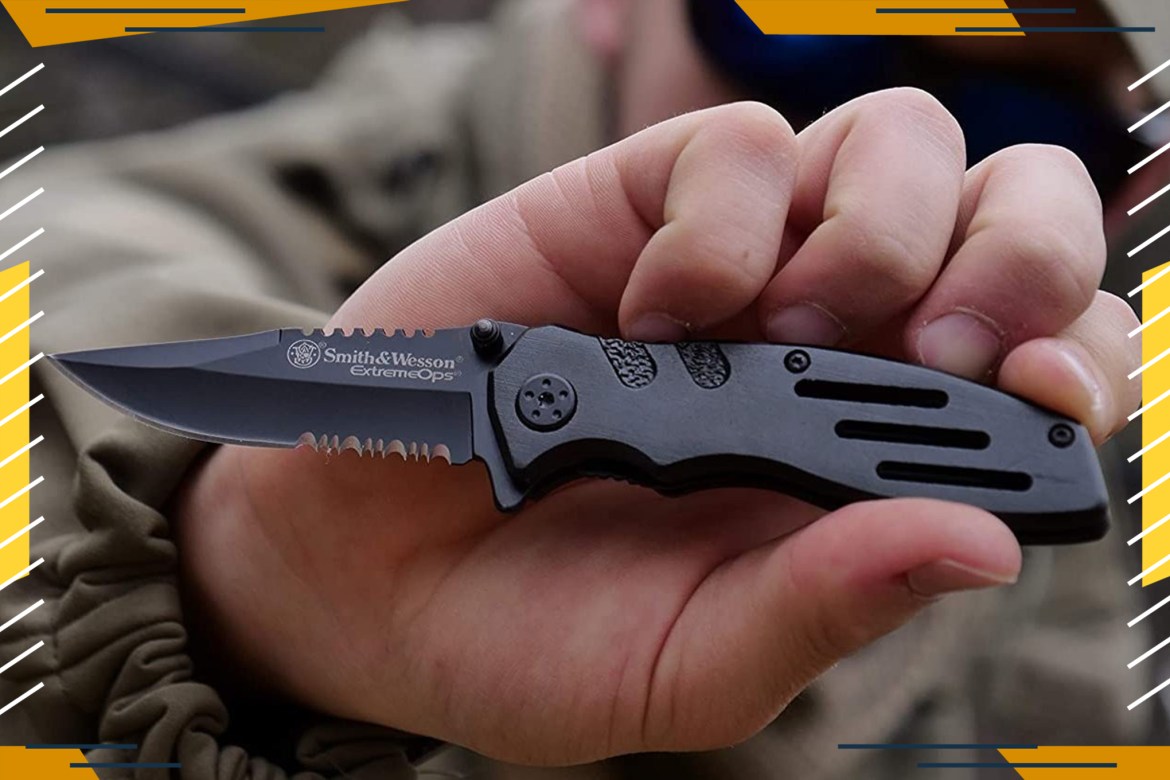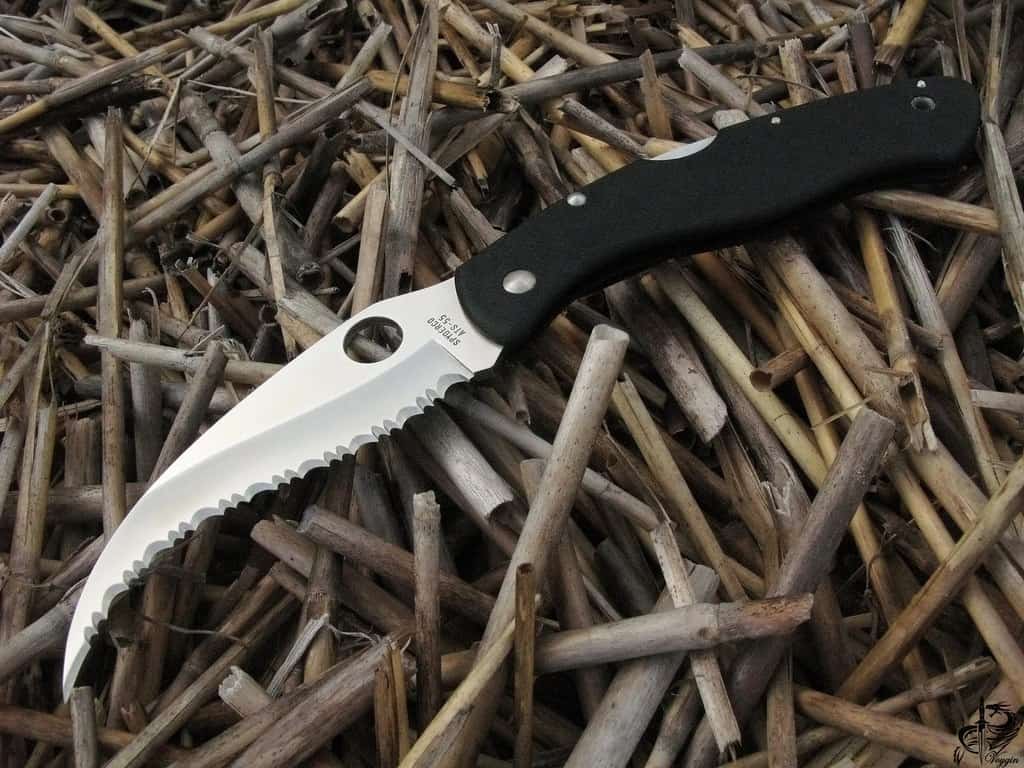Choosing the best self-defense knife requires considering various factors. Here’s a detailed explanation of what to look for:

Blade Material:

- High-quality steel is crucial for durability, edge retention, and corrosion resistance.
- Common choices include stainless steel, carbon steel, and alloy steel.
- Consider the intended use and personal preferences when selecting the blade material.
Blade Shape and Size:

- The blade shape influences cutting and piercing capabilities.
- Common shapes include drop point, clip point, tanto, and spear point.
- Determine the desired balance between piercing and slicing.
- Blade size is typically between 3 and 4 inches for self-defense knives.
Blade Grind:
- The grind determines the blade’s cross-sectional shape and its performance.
- Common grinds include flat, hollow, and chisel.
- Each grind offers different cutting and durability characteristics.
Ergonomics and Handle Design:
- A comfortable and secure grip is essential for effective use.
- Handle materials can be metal, plastic, wood, or composite materials.
- Consider the handle shape, texture, and finger grooves for optimal control.
Locking Mechanisms:
Size and Carry Options:
- Compact size is beneficial for concealed carry.
- Consider the overall length of the knife, folded or closed, for convenience.
- Look for options with belt clips, sheaths, or other carry systems for easy access.
Legal Considerations:
- Local and state laws vary regarding blade length, carrying restrictions, and self-defense.
- Ensure that the chosen knife complies with applicable legal regulations.
Additional Features:
- Some self-defense knives might include extra features like glass breakers, seatbelt cutters, or tactical grips.
- Consider personal preferences and intended uses when evaluating these features.
Reputation and Quality Control:
- Opt for well-known and reputable brands with strict quality control measures.
- Research online retailers and read reviews to gauge customer experiences.
Seek Expert Advice:
- Consult with self-defense experts, martial arts instructors, or law enforcement personnel.
- They can provide valuable insights based on their real-world experiences.
Remember, self-defense knives should primarily serve as defensive tools. It’s important to emphasize the importance of avoiding confrontations, seeking de-escalation tactics, and prioritizing personal safety whenever possible.






